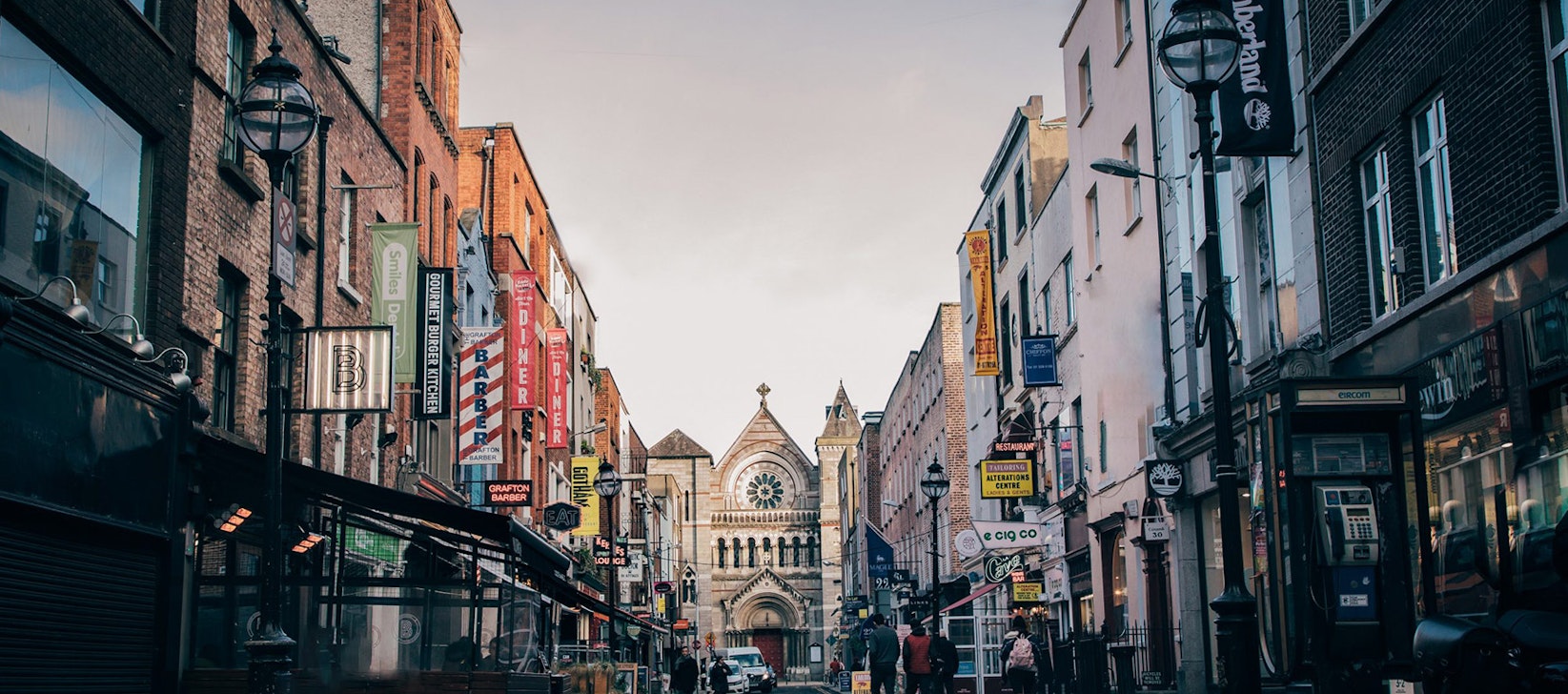The mood across retail remains positive if somewhat apprehensive. Heightened Covid concerns and the possibility of new restrictions have placed a dark cloud on the horizon.
The last few months have seen a strong recovery across the sector. The easing of restrictions since early summer prompted a strong and steady lift in consumer sentiment. This, combined with significant pent-up demand, led to positive sales figures over recent months.
Retail sales for September 2021, for example, were 12.6% higher than September 2019, before Covid hit, and the wider economy is performing well. The hope is that this continues and translates into a very strong
Christmas sales period, allowing businesses to recover some Covid-related financial losses and put themselves on a sustainable growth path.
Our initial projections for Christmas trading reflect this. Based on last year, when the share of annual retail spending that occurred in December over and above a ‘normal’ month was 3.56%, we expect to see about €5.4 billion of retail spending in December this year. This is about €1.58 billion higher than other months of the year and represents an average of €832 spent per household. This is an increase of about 5% on last year.
We expect to see about €5.4 billion of retail spending in December this year. This is an increase of about 5% on last year.
Headline figures of course mask other trends in the sector and not all parts of retail are experiencing the same uplift as others. Grocery retail, for example, has seen sales increase significantly during the pandemic. People are eating more at home, while our town and city centres have been quiet.
However, on the flip side, the lack of office workers and tourists, along with the extended closure of bars and restaurants, has seen footfall drop dramatically in key urban retail districts.
This has been a problem in many of our cities, but Dublin has been the worst affected. It is more reliant than others on commuters and foreign visitors, and while suburban shopping centres haven’t fared so badly, the city centre has taken a big hit.
That trend was starting to correct itself by the end of October, but recent weeks have seen consumers again reduce their activity due to Covid concern. Reduced activity in the hospitality and events sector spills over
into retail and there are simply less shoppers around town.
Not only has Covid affected where people shop, it has also affected how people shop. Some of this is short-term, but other trends are probably here to stay.
Visits to the city during the pandemic have been more purpose driven. Casual browsing has reduced considerably. This led to a lower number of transactions in stores, although they were typically higher value. Those parts of retail that rely on more unplanned impulse buying have suffered accordingly.
In the immediate term, the sustained opening and recovery of the city’s wider economy is needed to restore more normal levels of retail footfall to the city. Into the future, though, retailers and other city centre businesses
will have to work harder to entice consumers back.
The acceleration of online retail and the increase in remote and hybrid working models demand a rethink of the offering, not just in retail, but across the city’s wider experience economy. It was always the case that
Dublin city centre needed to develop and market itself as a destination retail and leisure experience, but this has taken on a new importance.
There are some positive indications from the past 18 months. When retail reopened after Covid restrictions eased, consumers were quick to return. A real value is placed on the in-person experience and the supporting amenities that only cities can offer, but we can’t be complacent.
The city needs to not just deliver a great retail experience, it needs to be a great place to live and work it is all interconnected. An increasing dilemma for retailers is that EU workers that left during the pandemic are reluctant to return due to the high living costs. This is manifesting itself in skills shortages right across the sector.
Better transports links, more imaginative open spaces, cleaner and safer streets, quality housing and reduced local charges for retailers and local businesses are some of the initiatives that will help realise the city’s potential. At the same time, Dublin must continue to reinvent its offering to consumers wanting something more creative and inspiring than they can access locally.
Dublin must continue to reinvent its offering to consumers wanting something more creative and inspiring than they can access locally.





